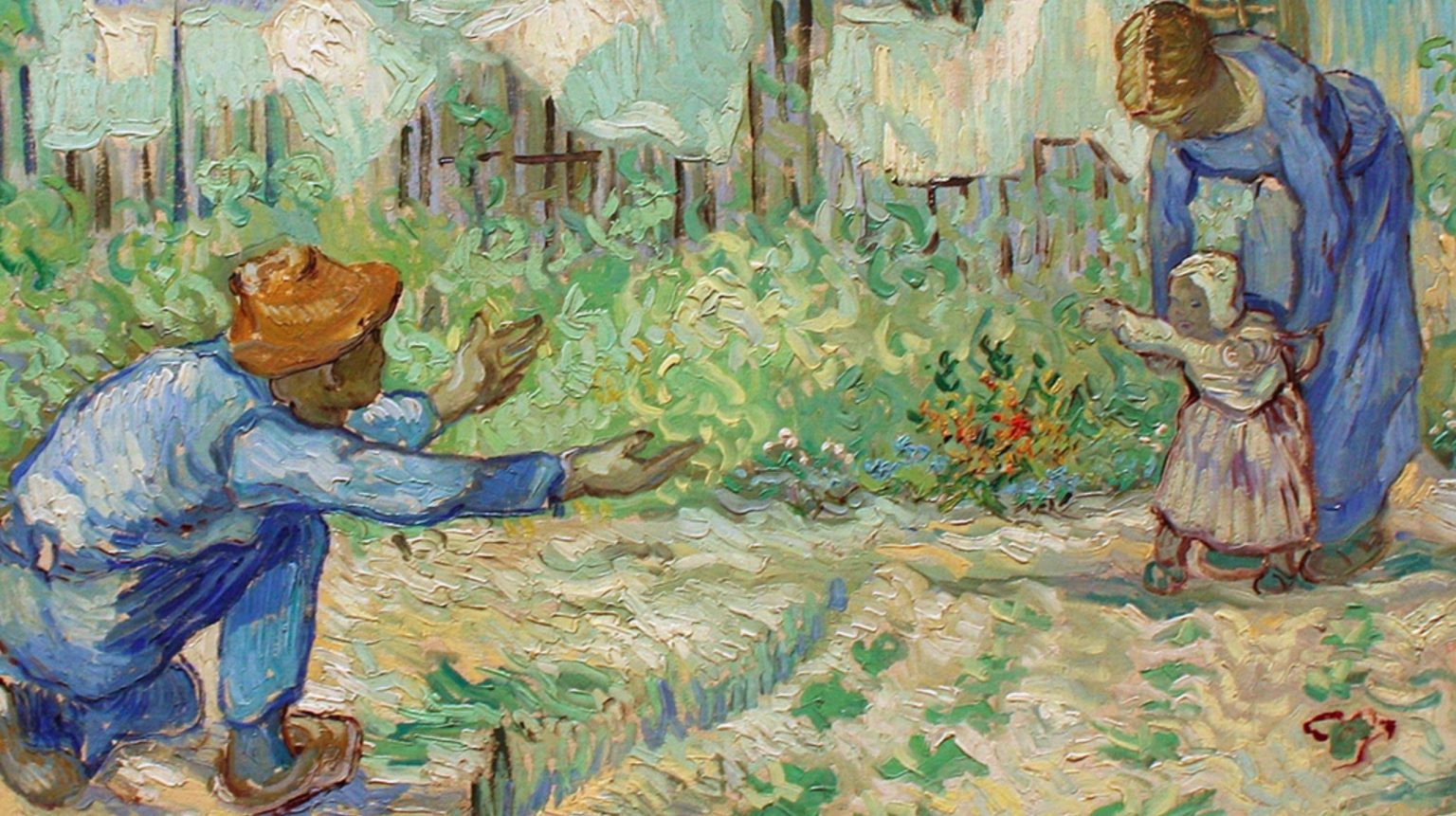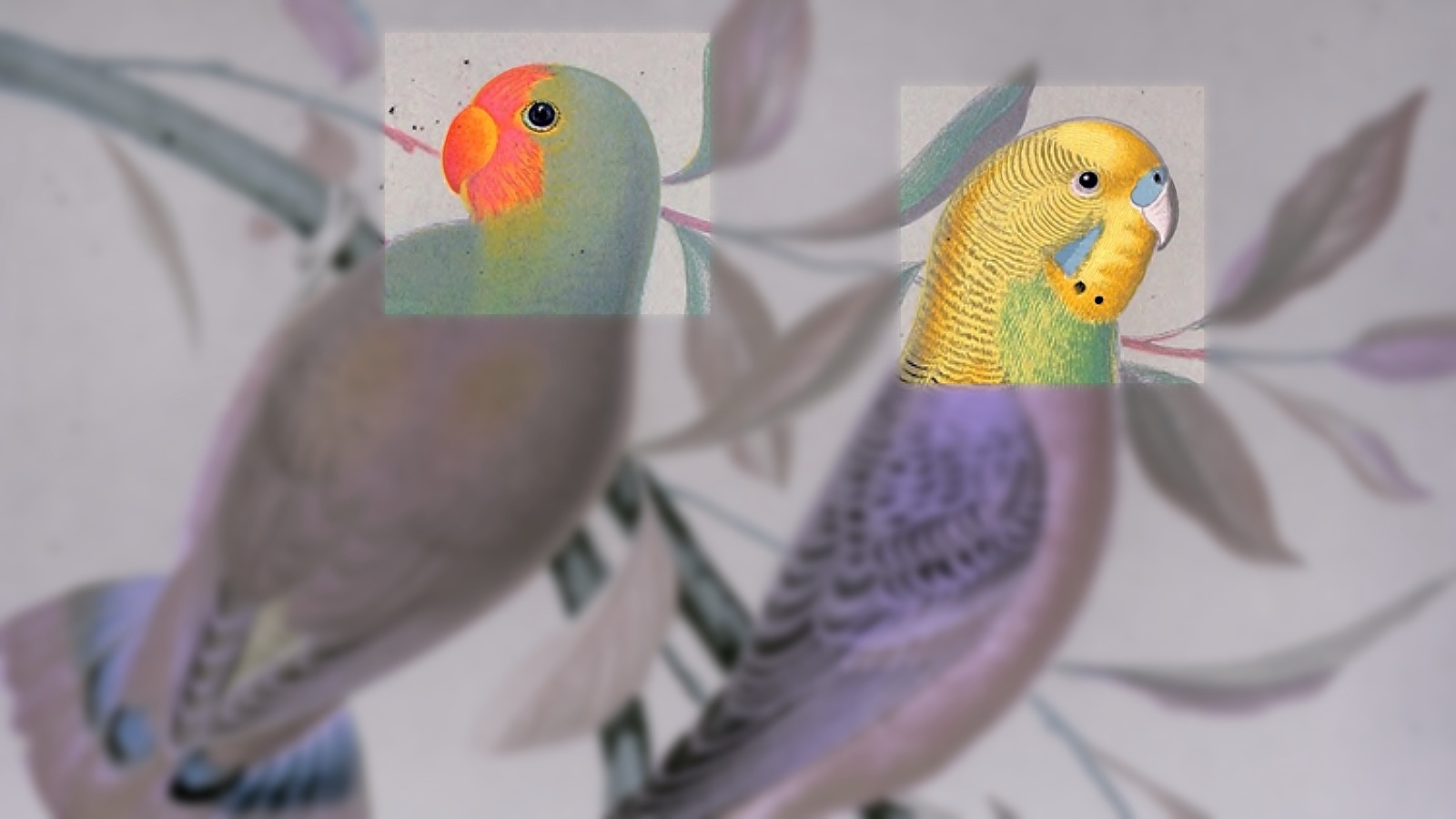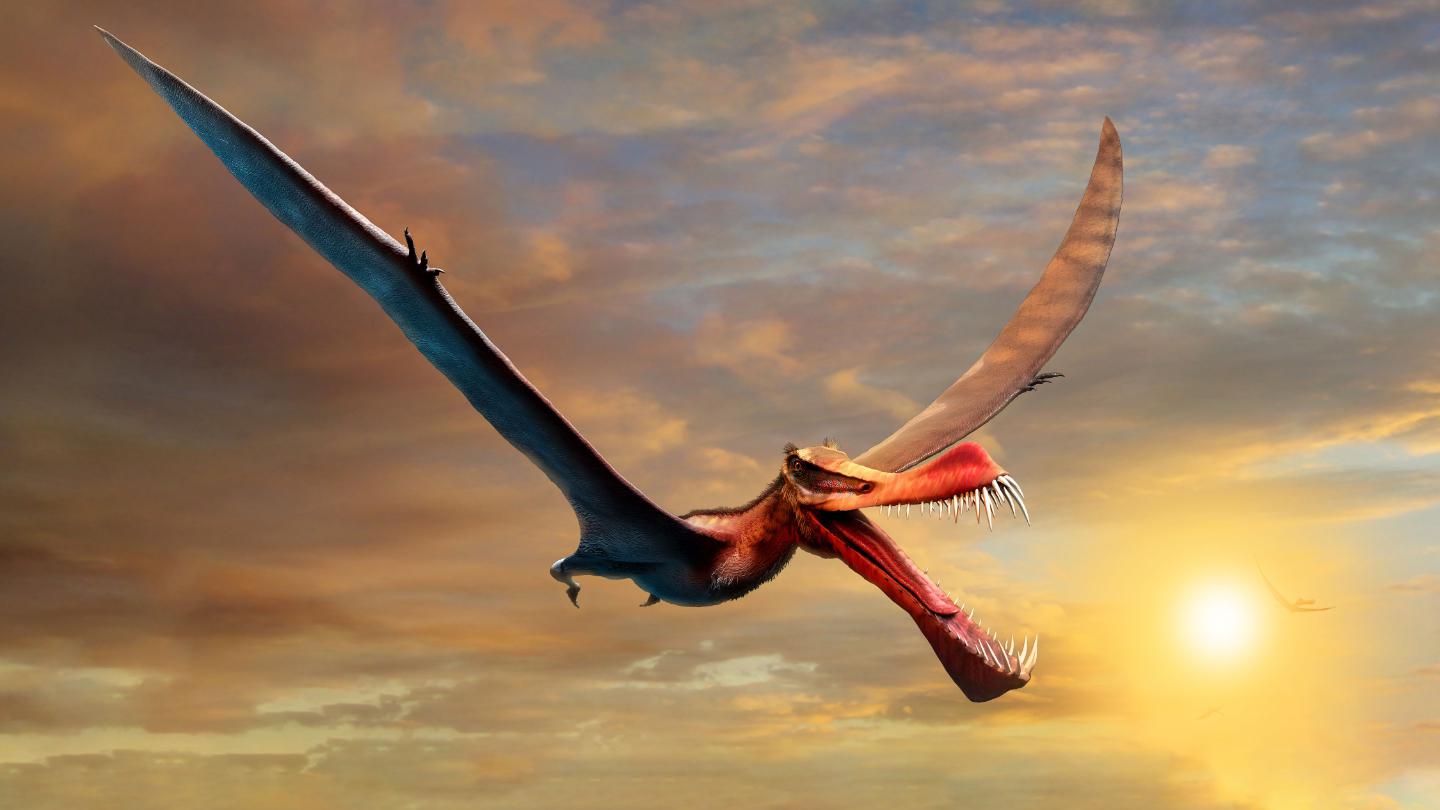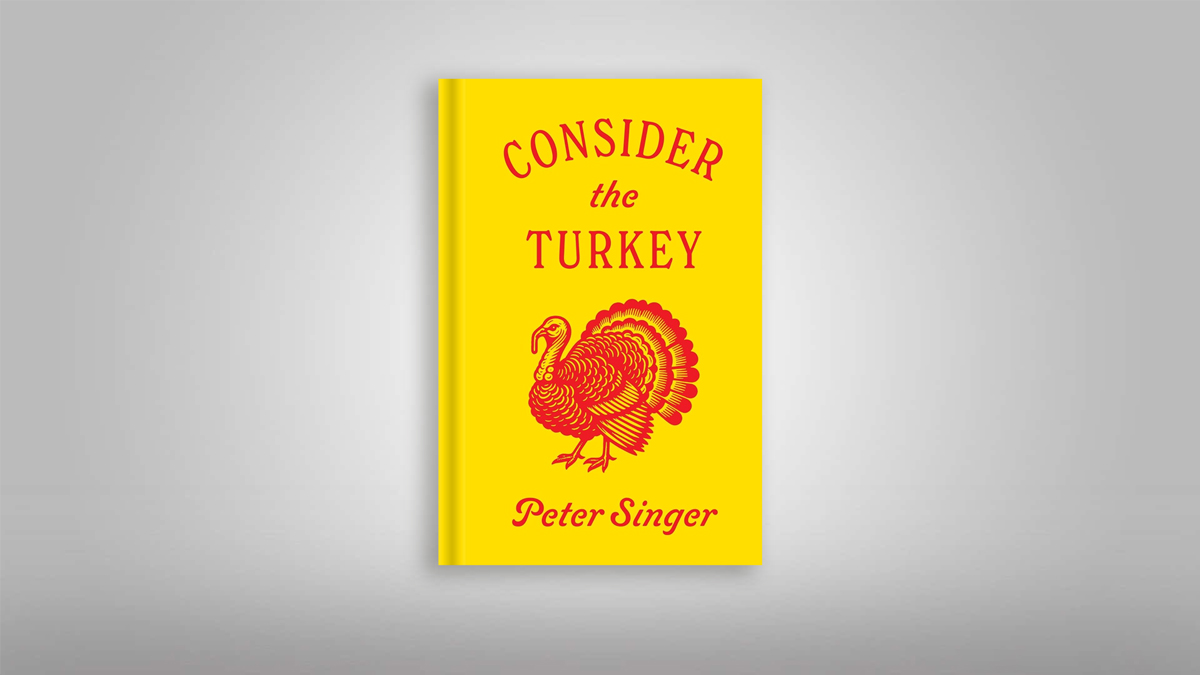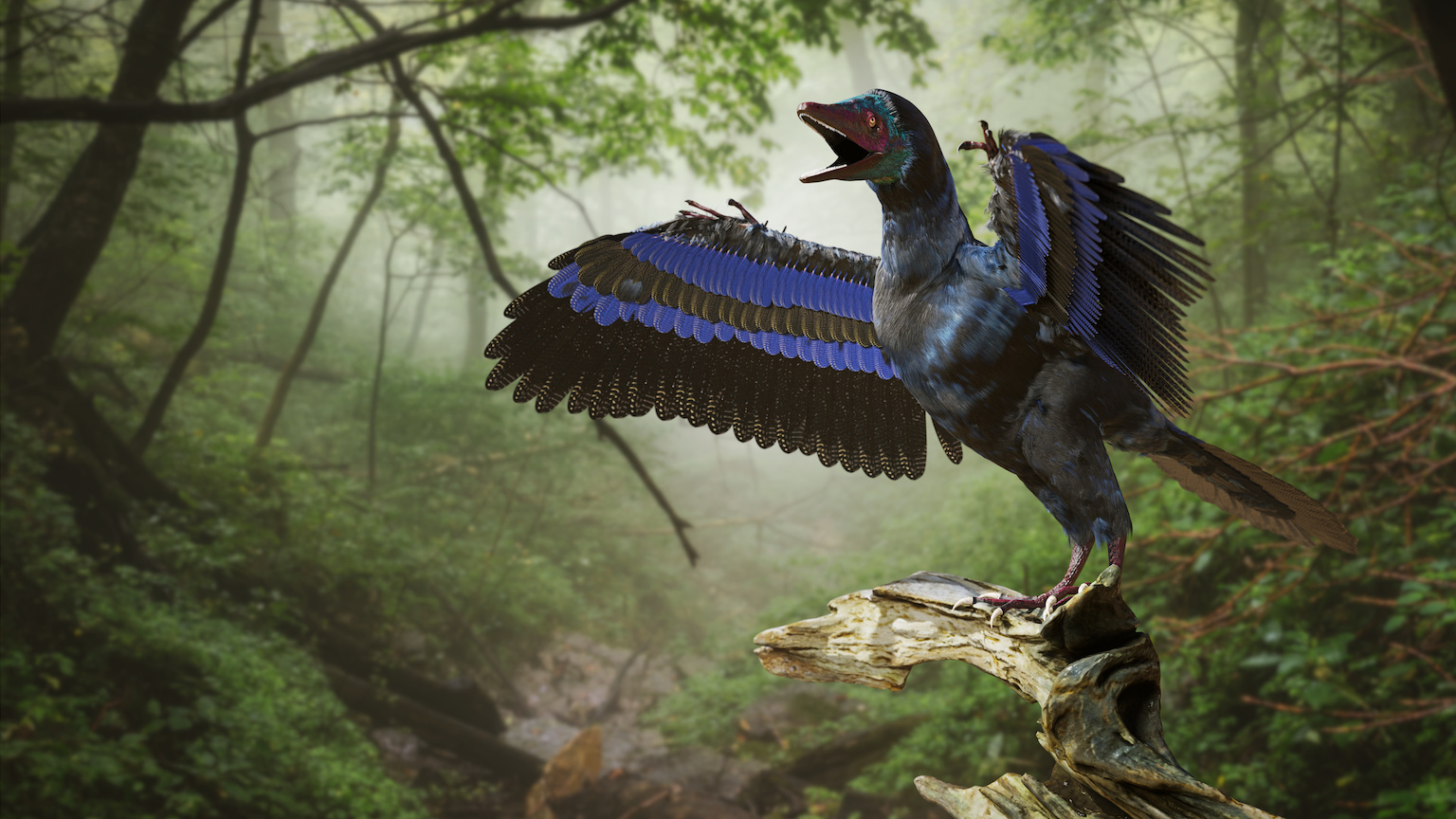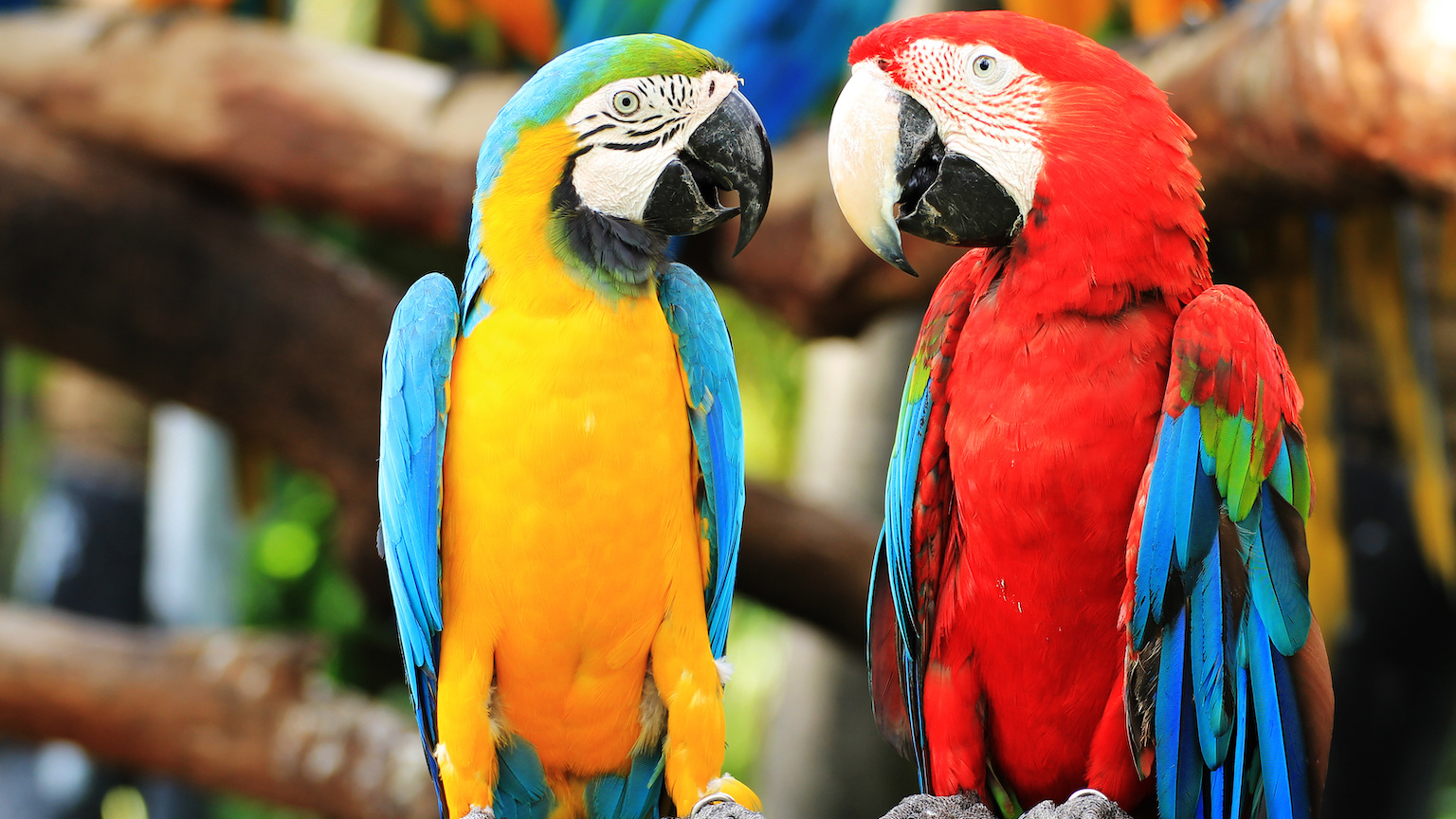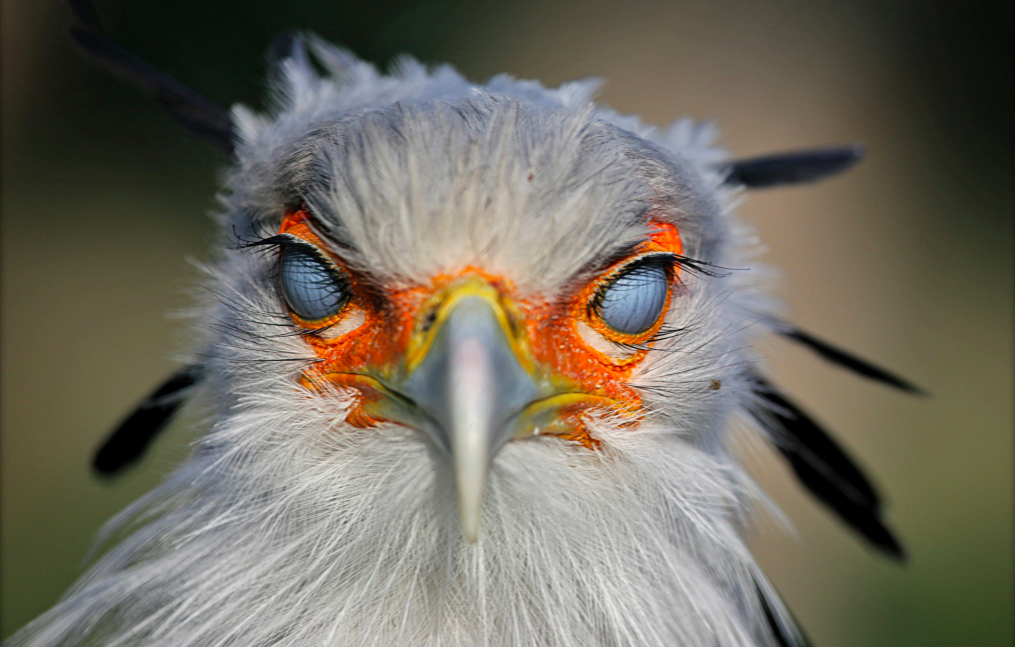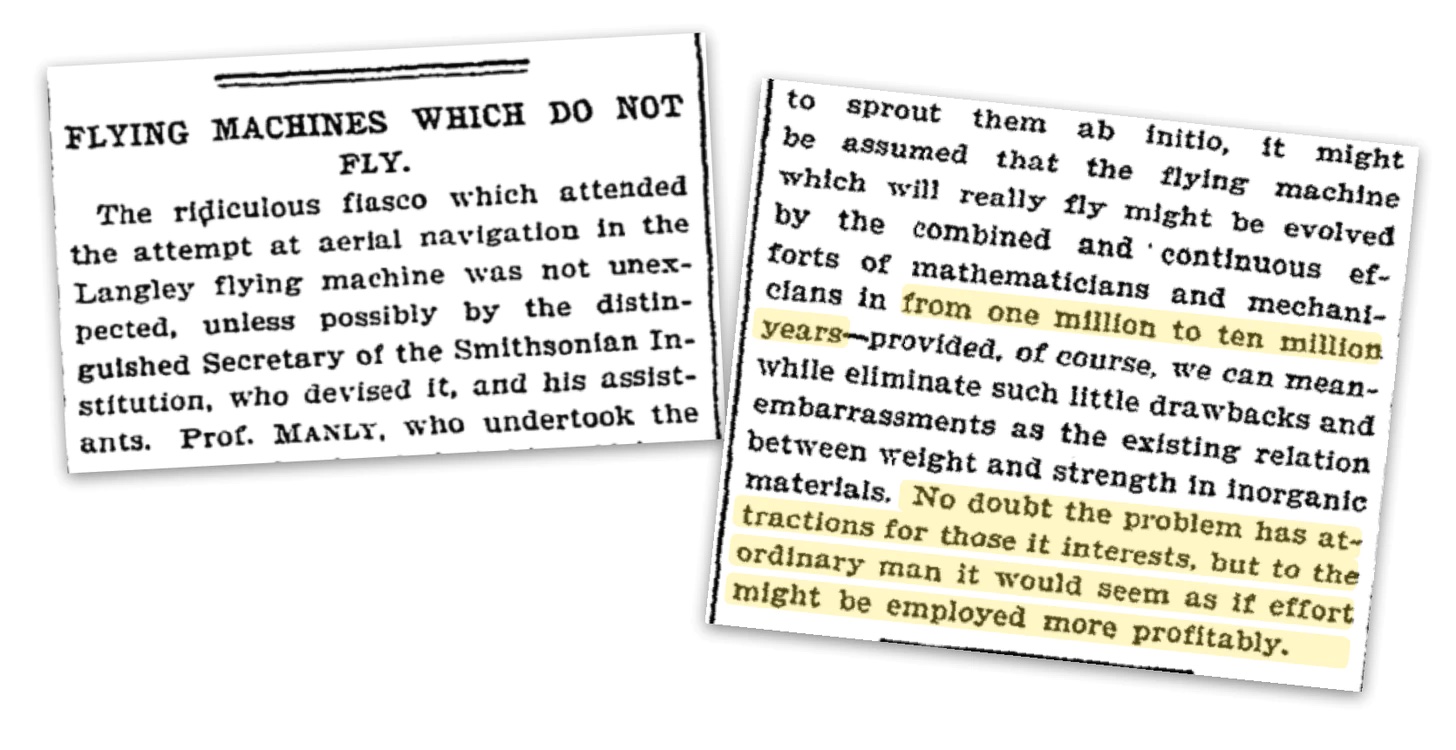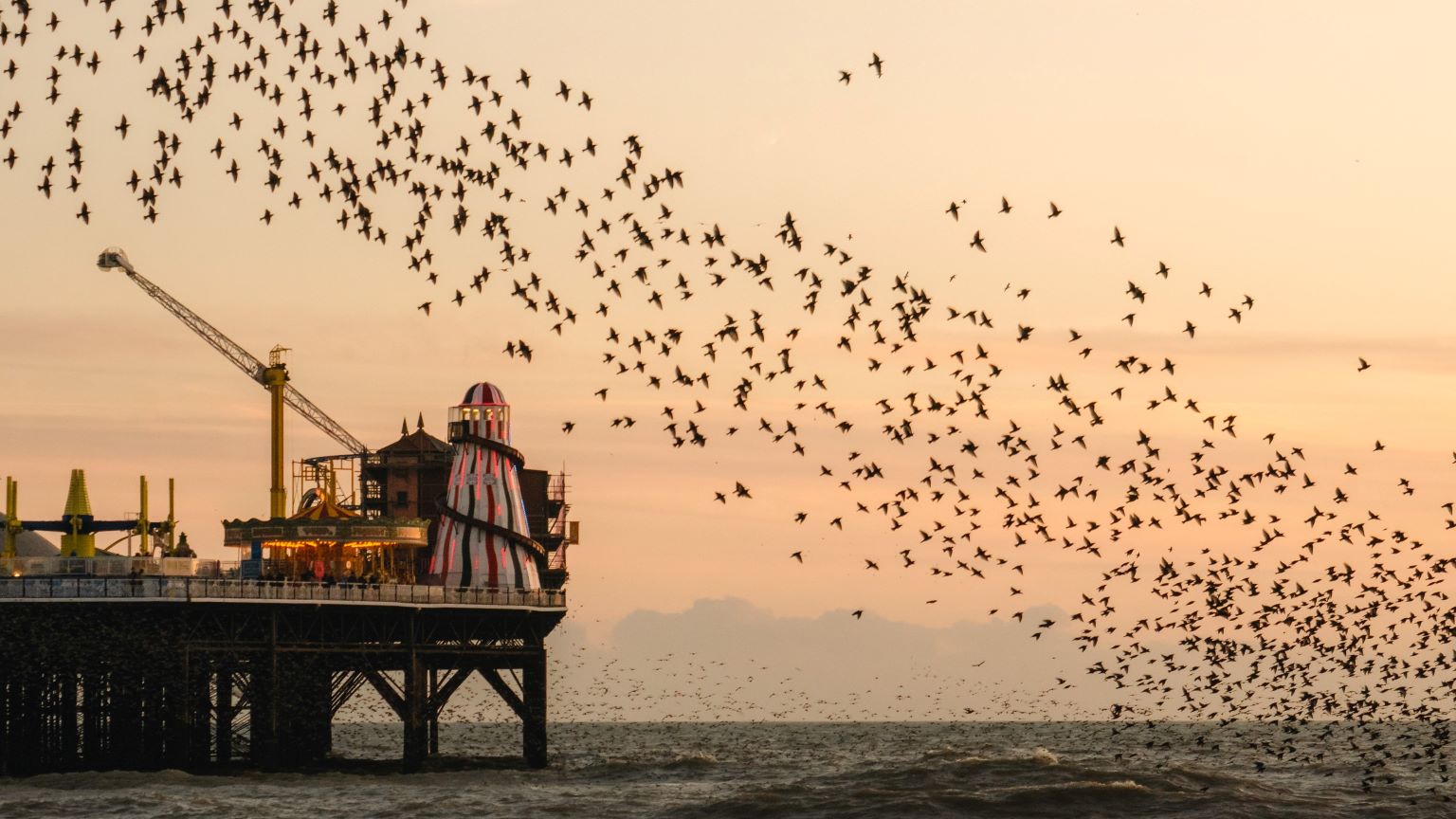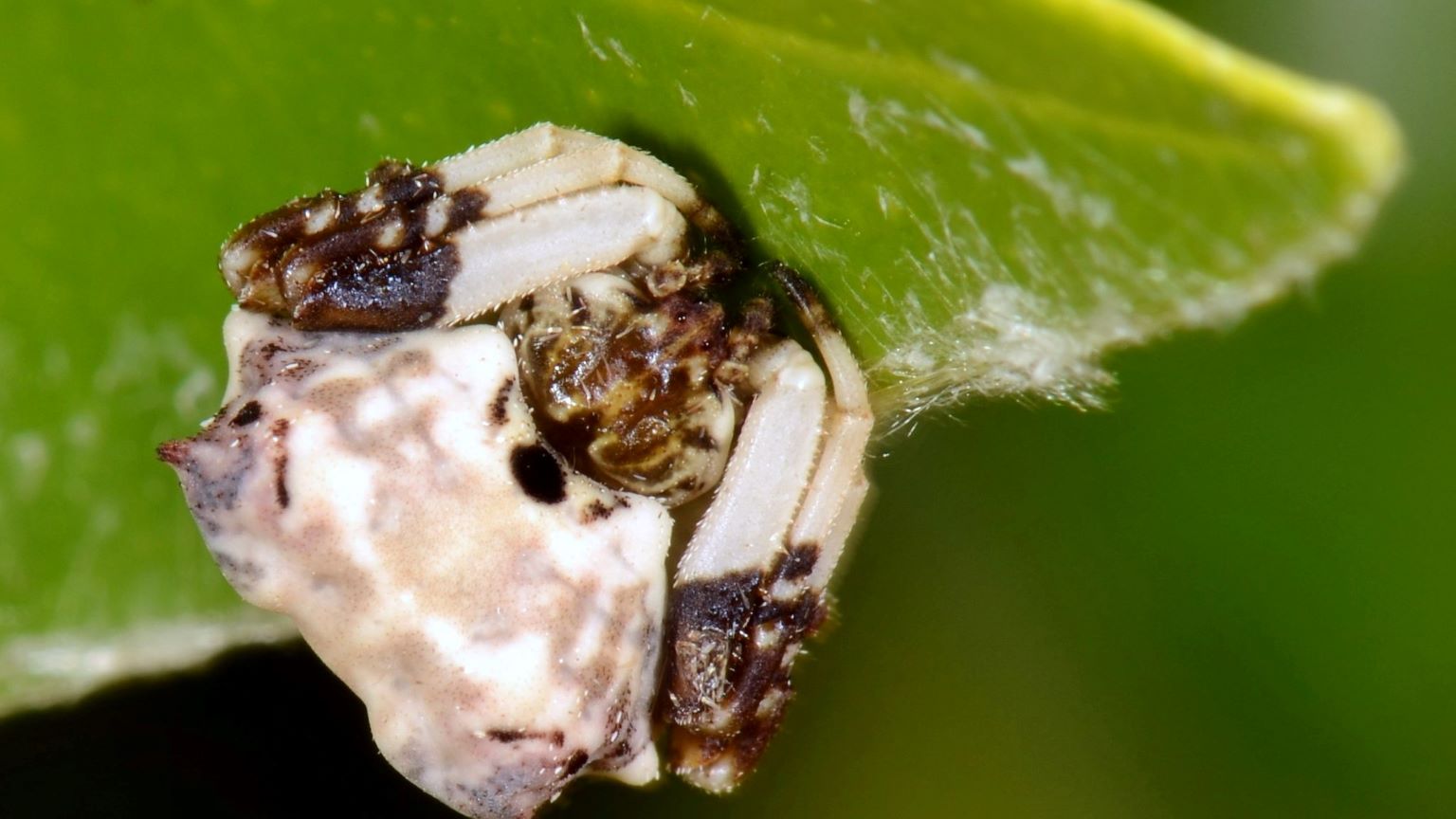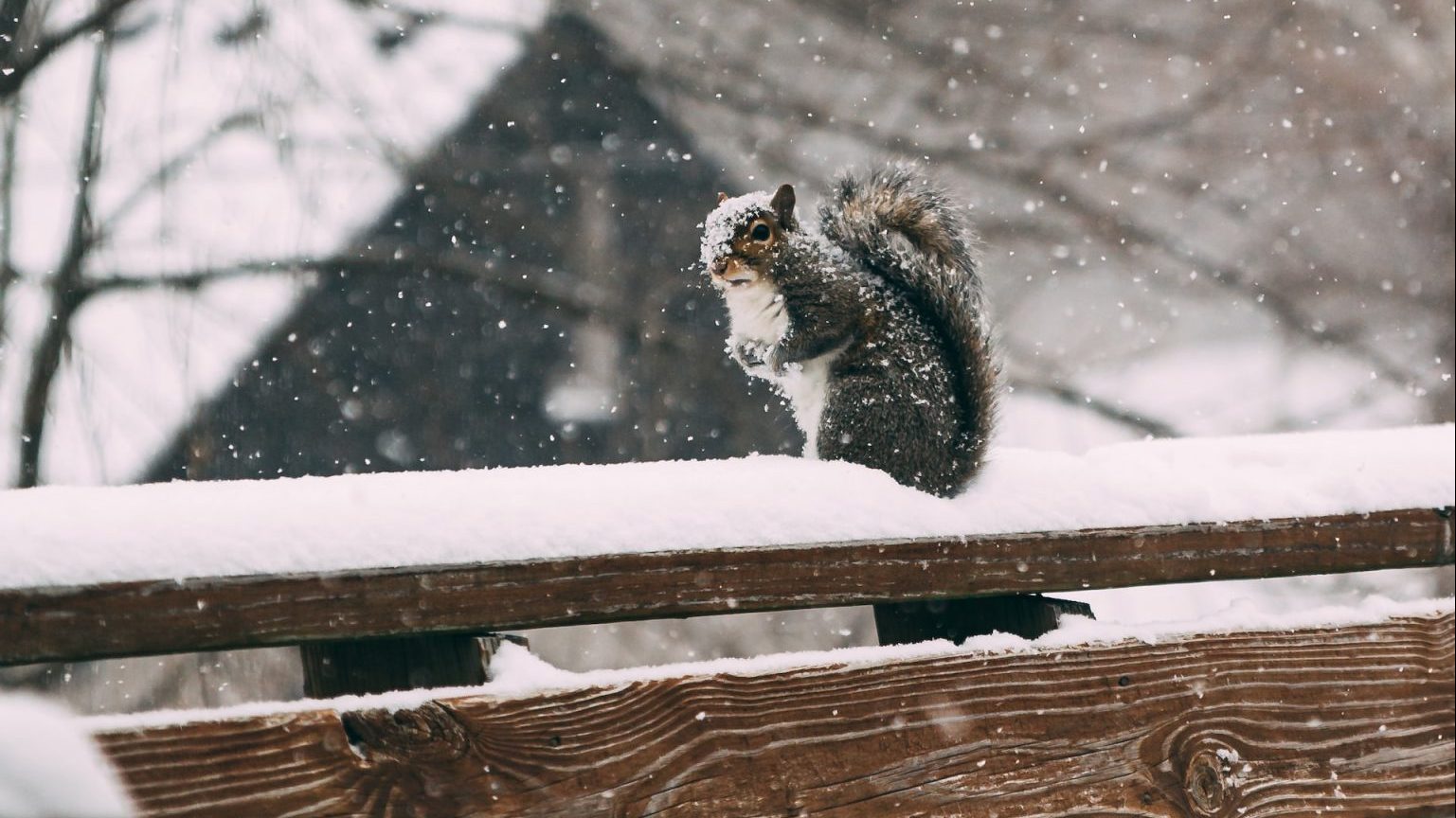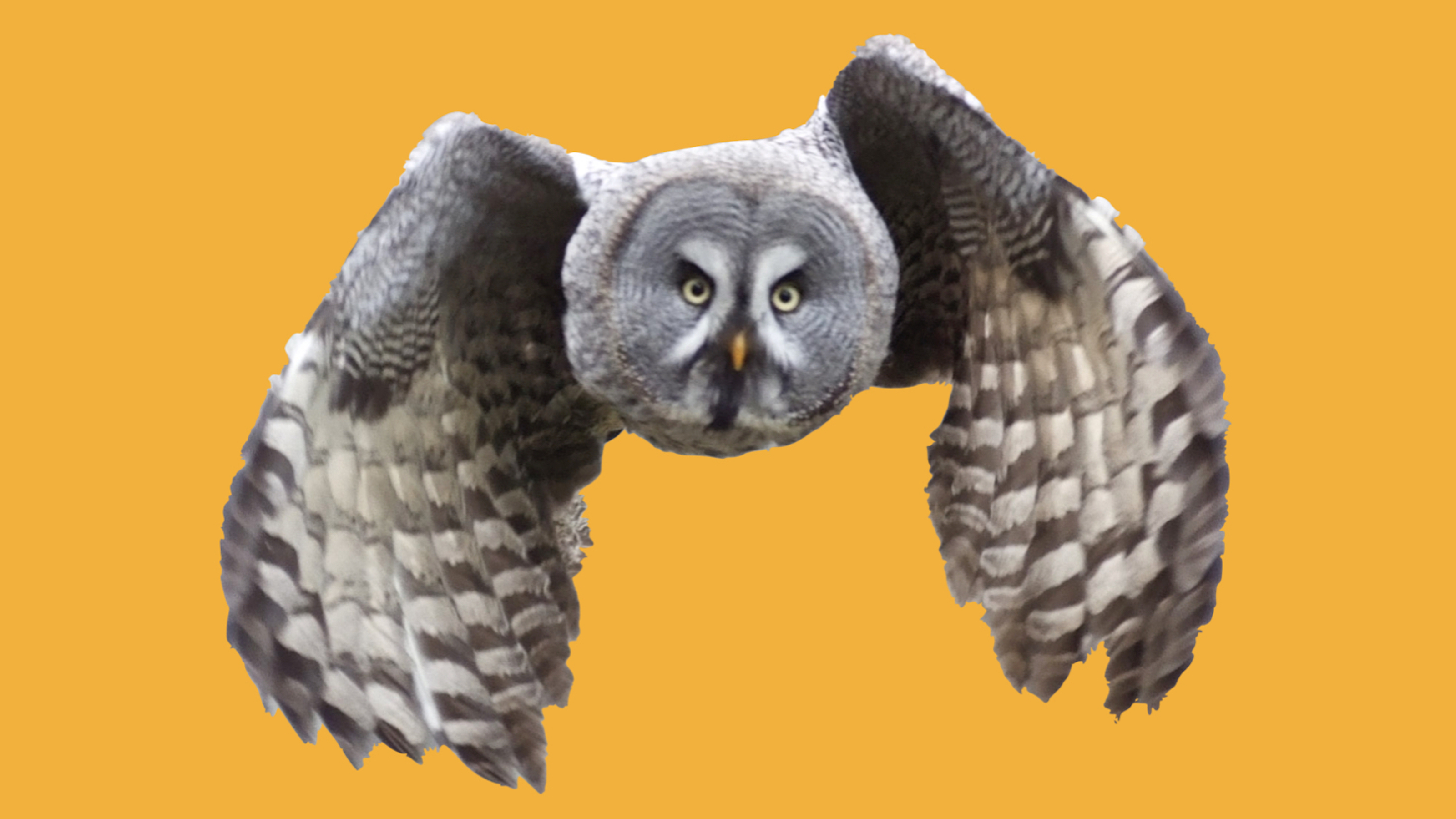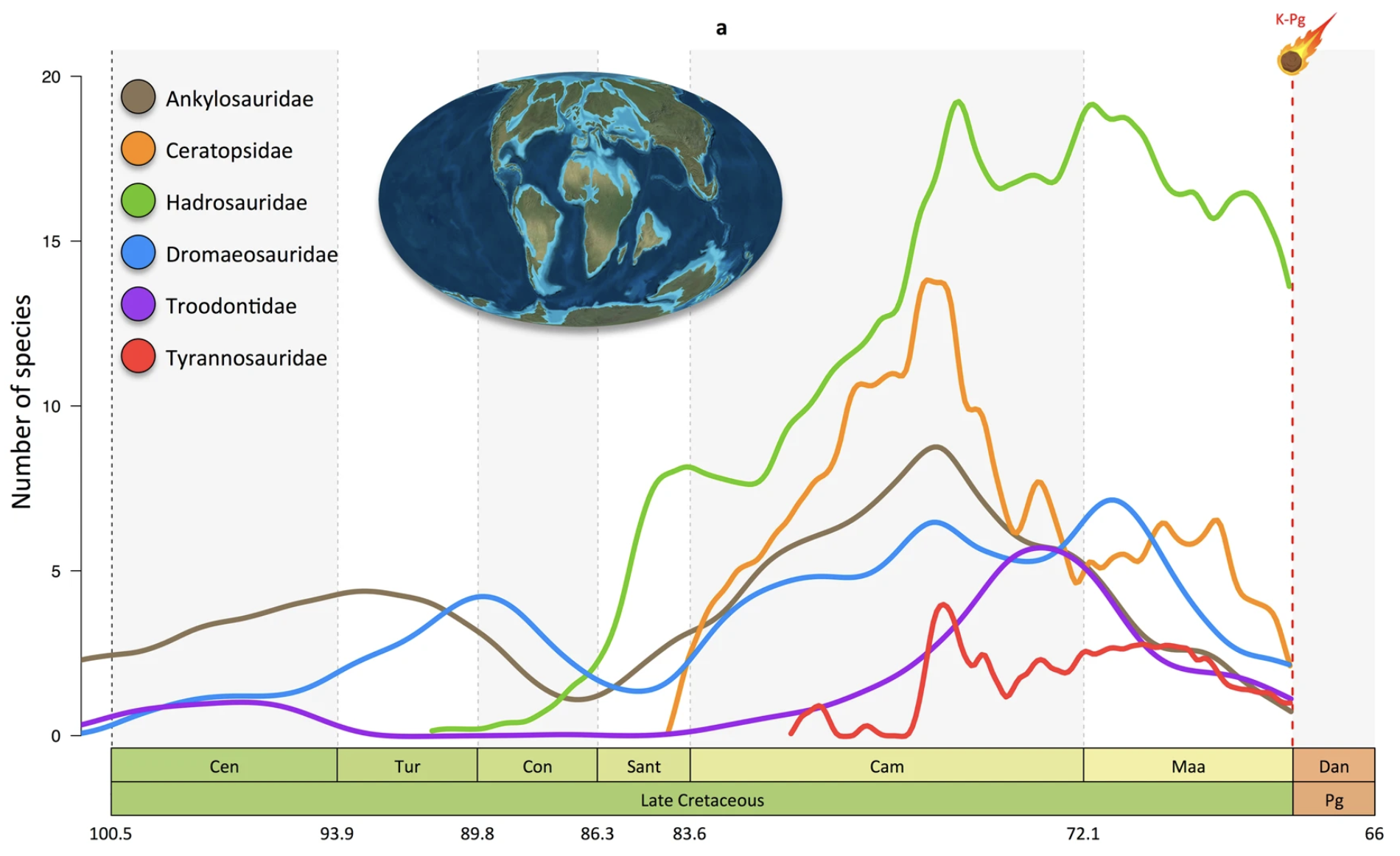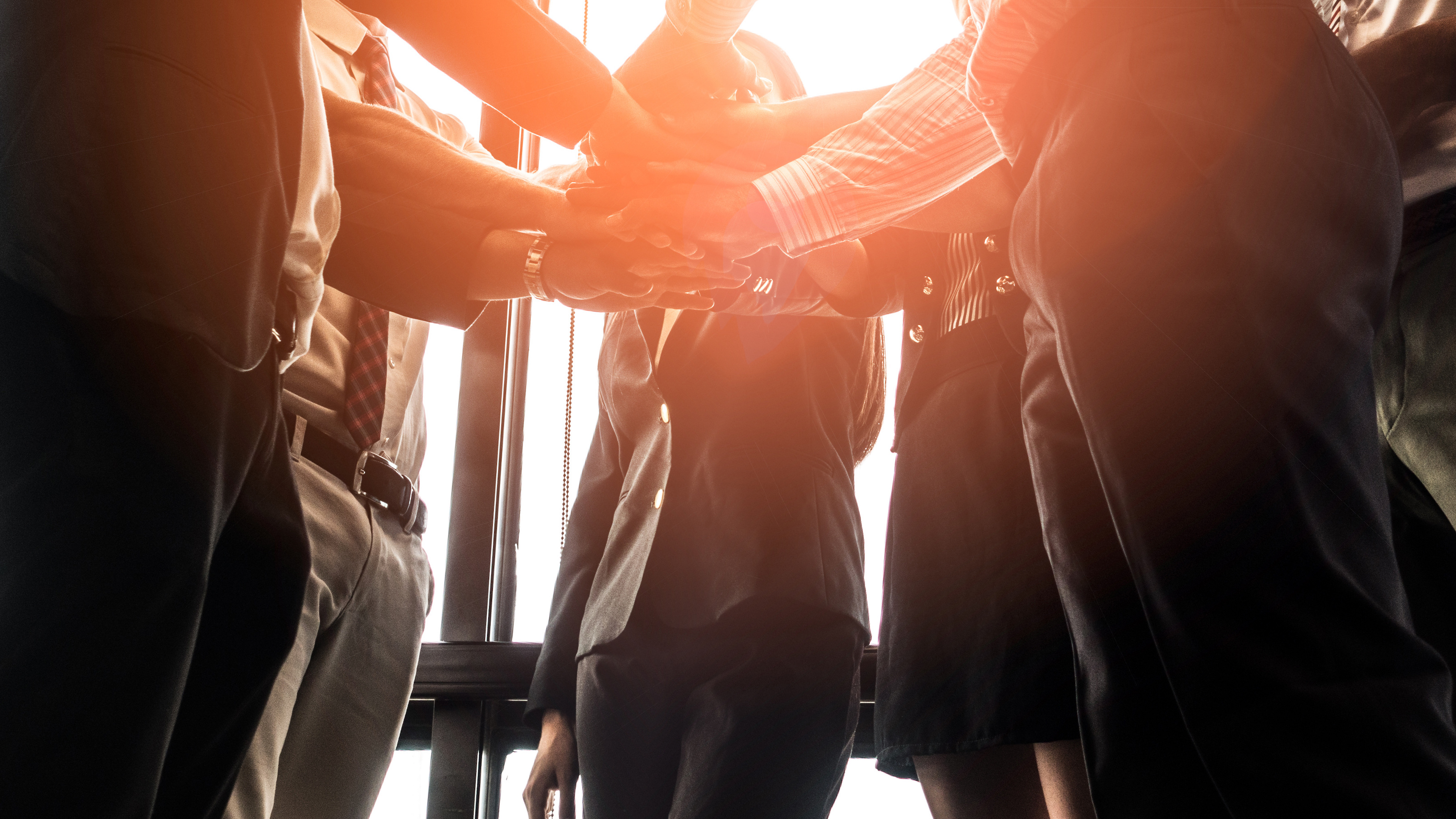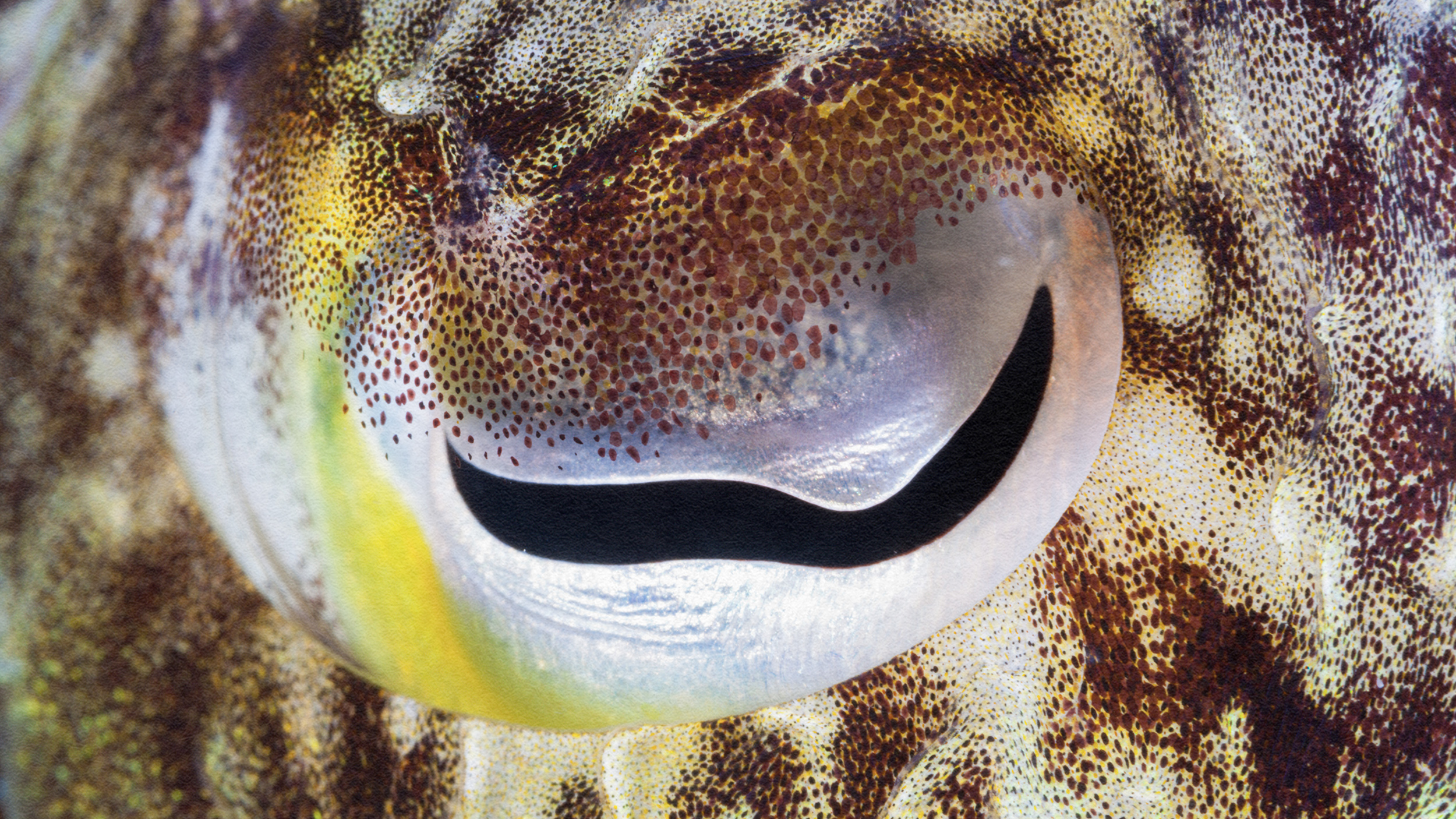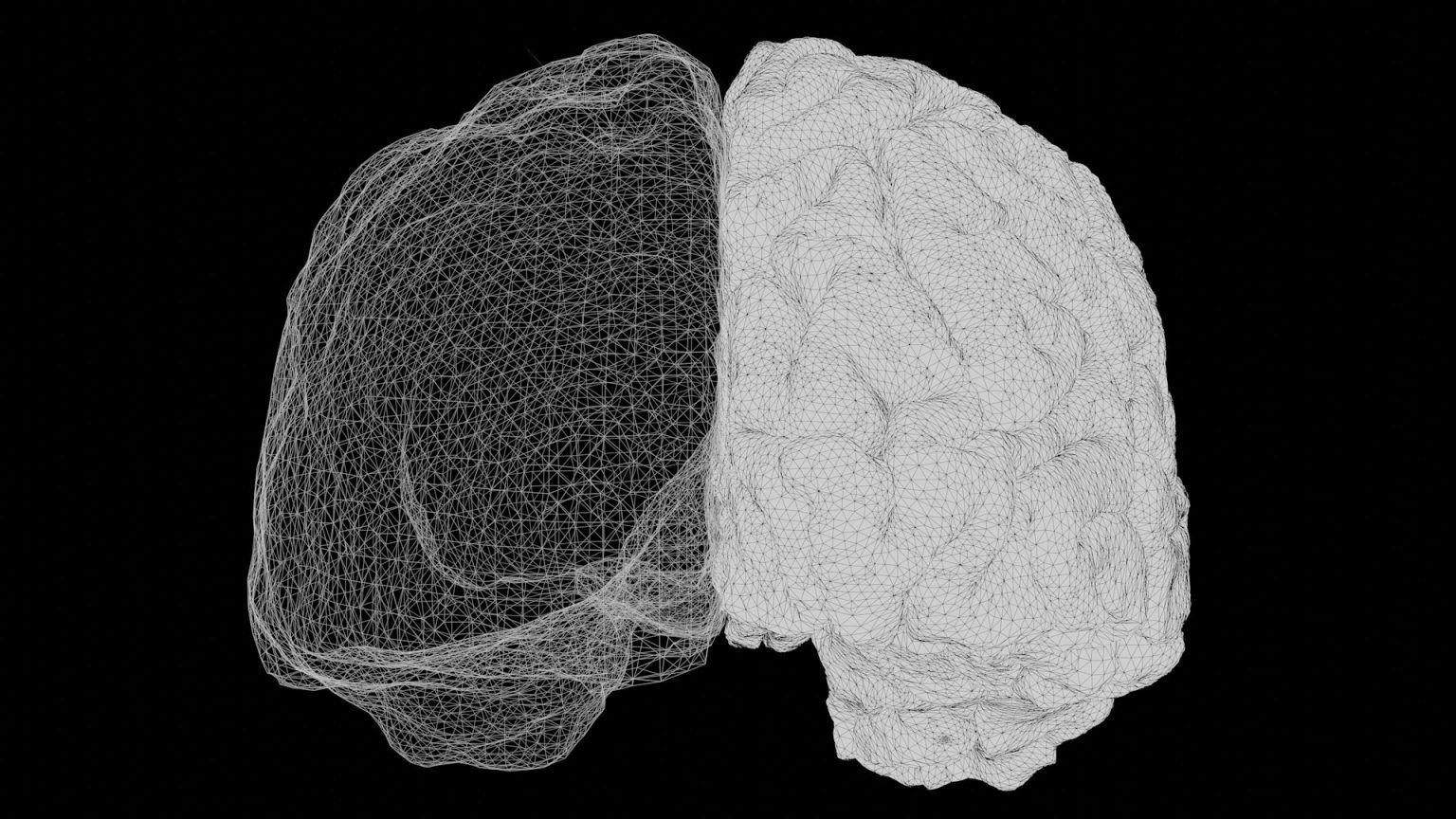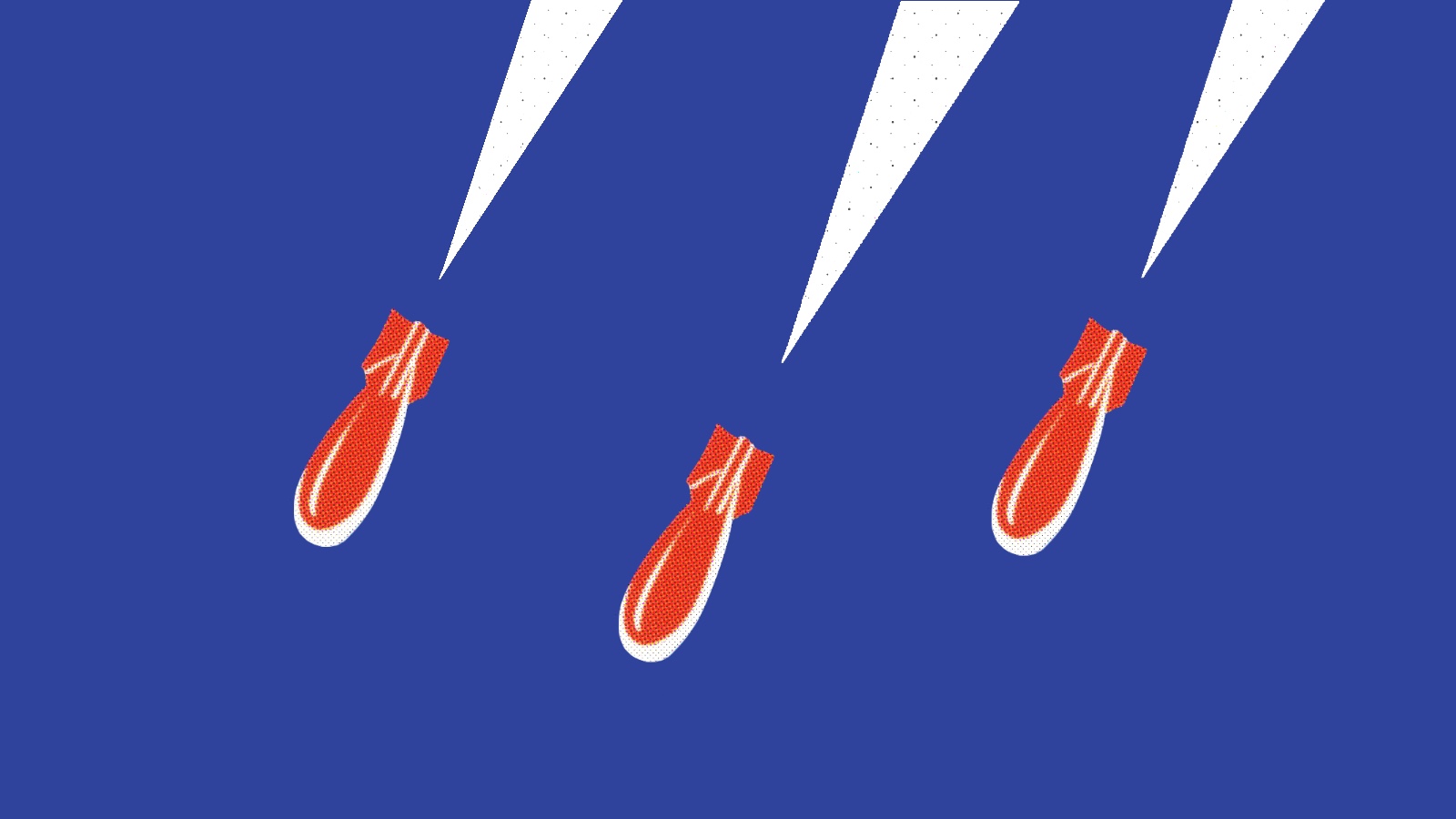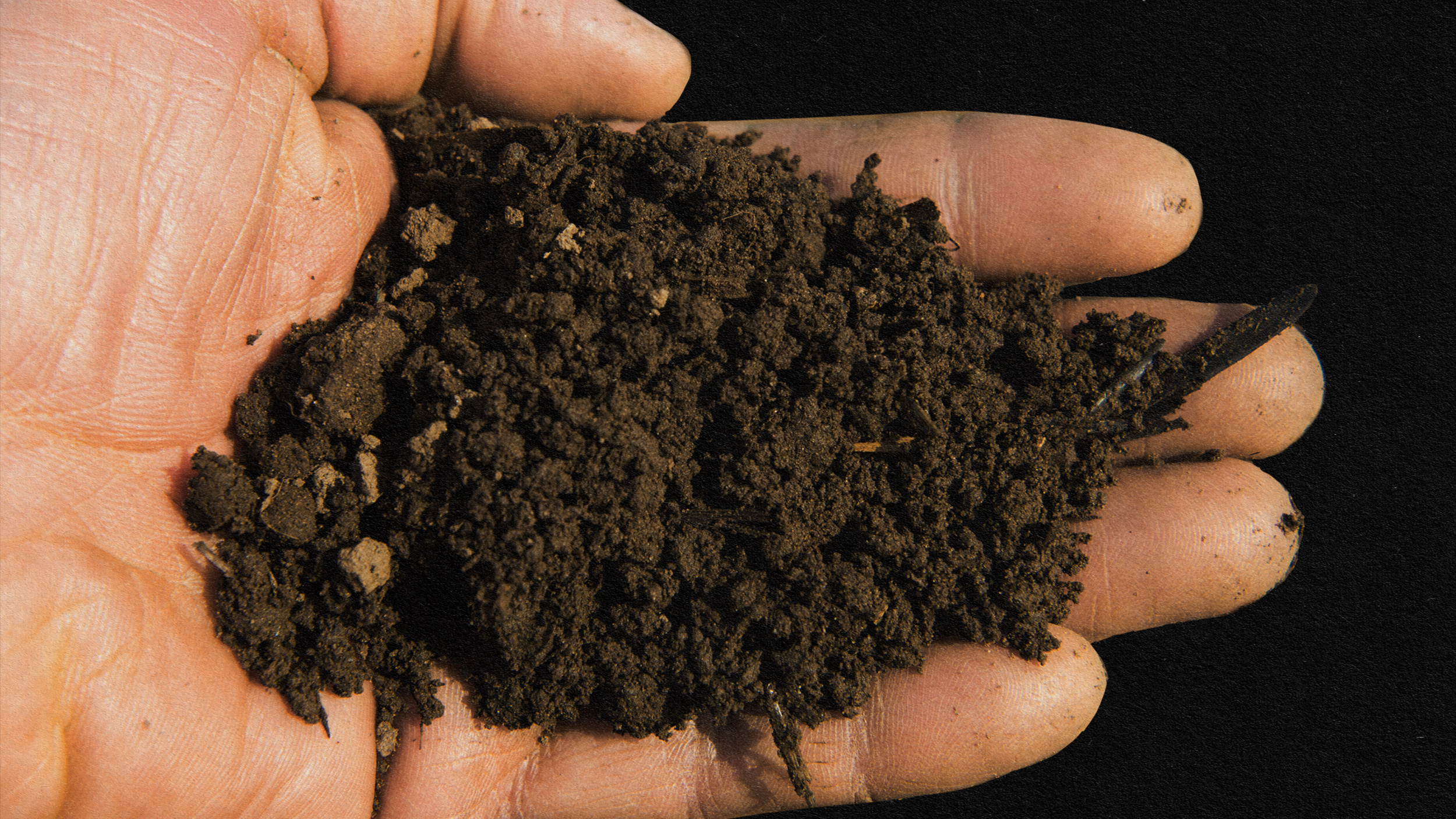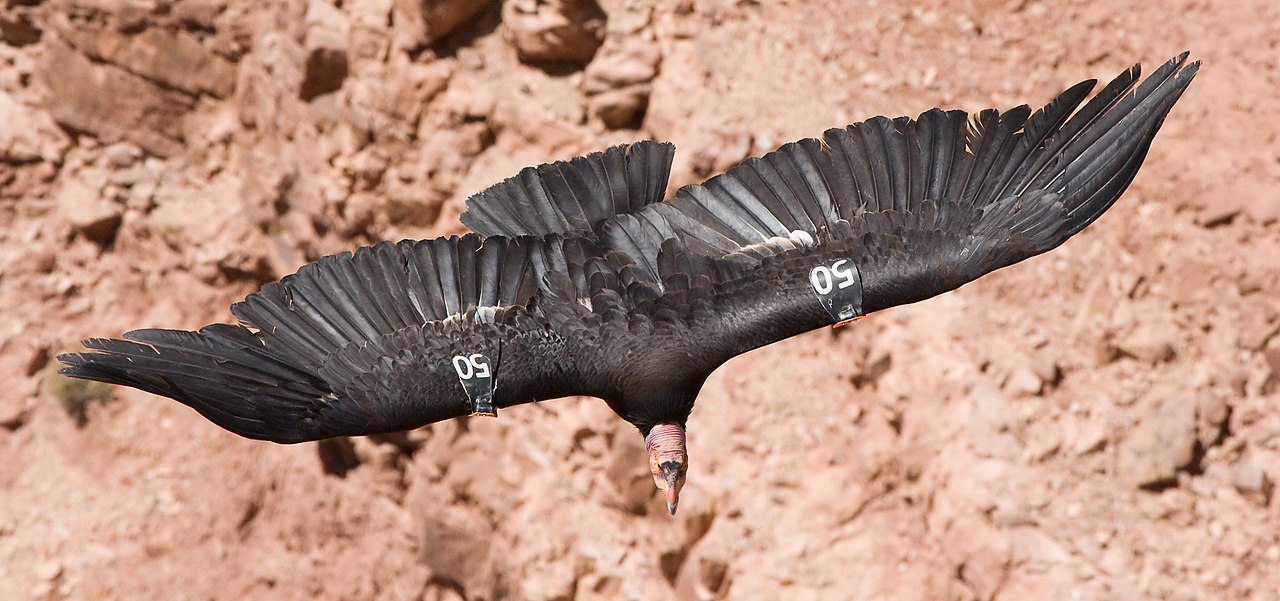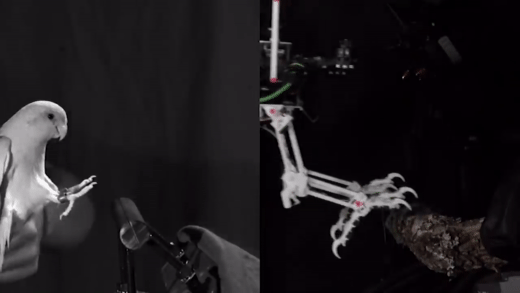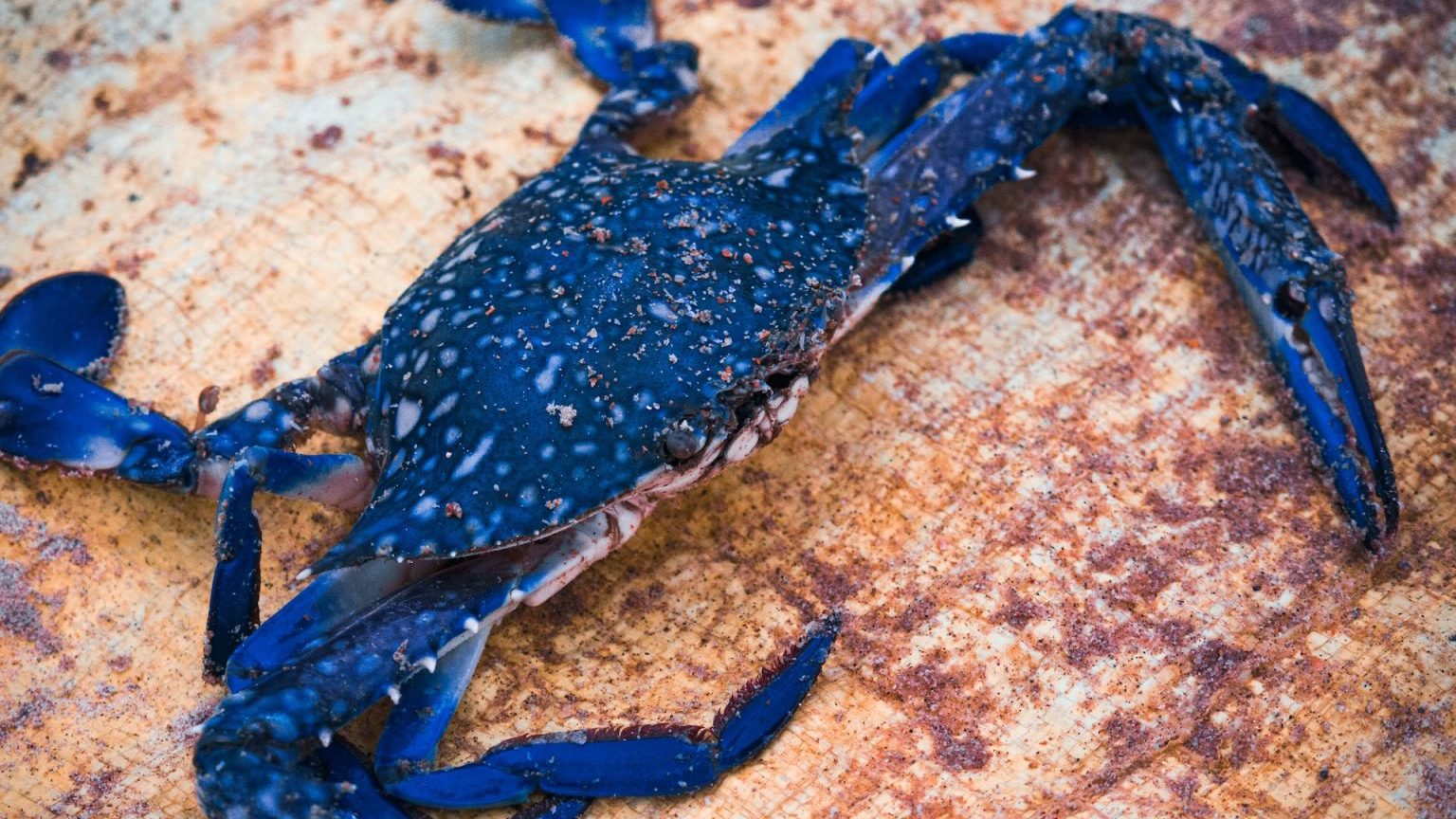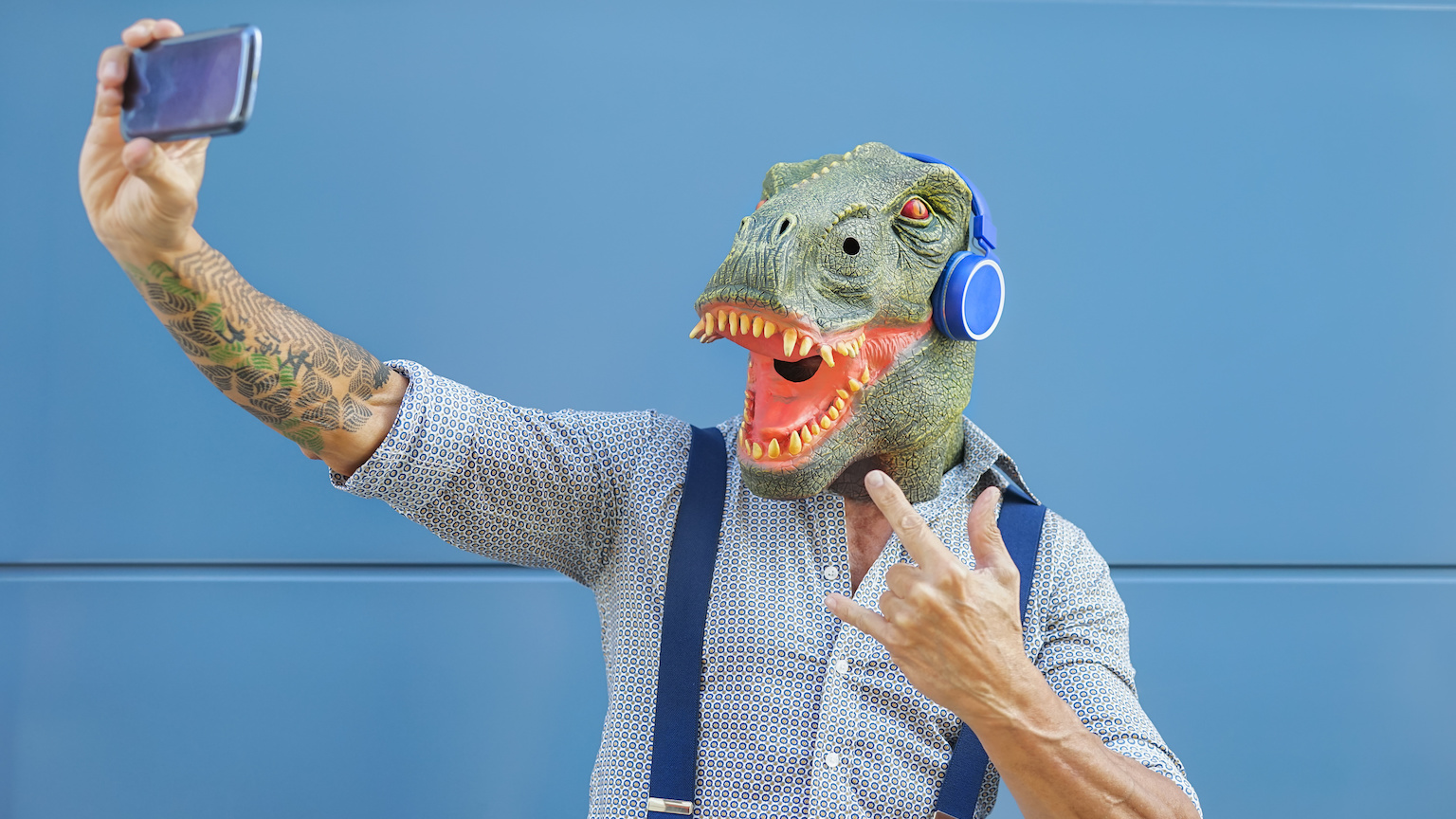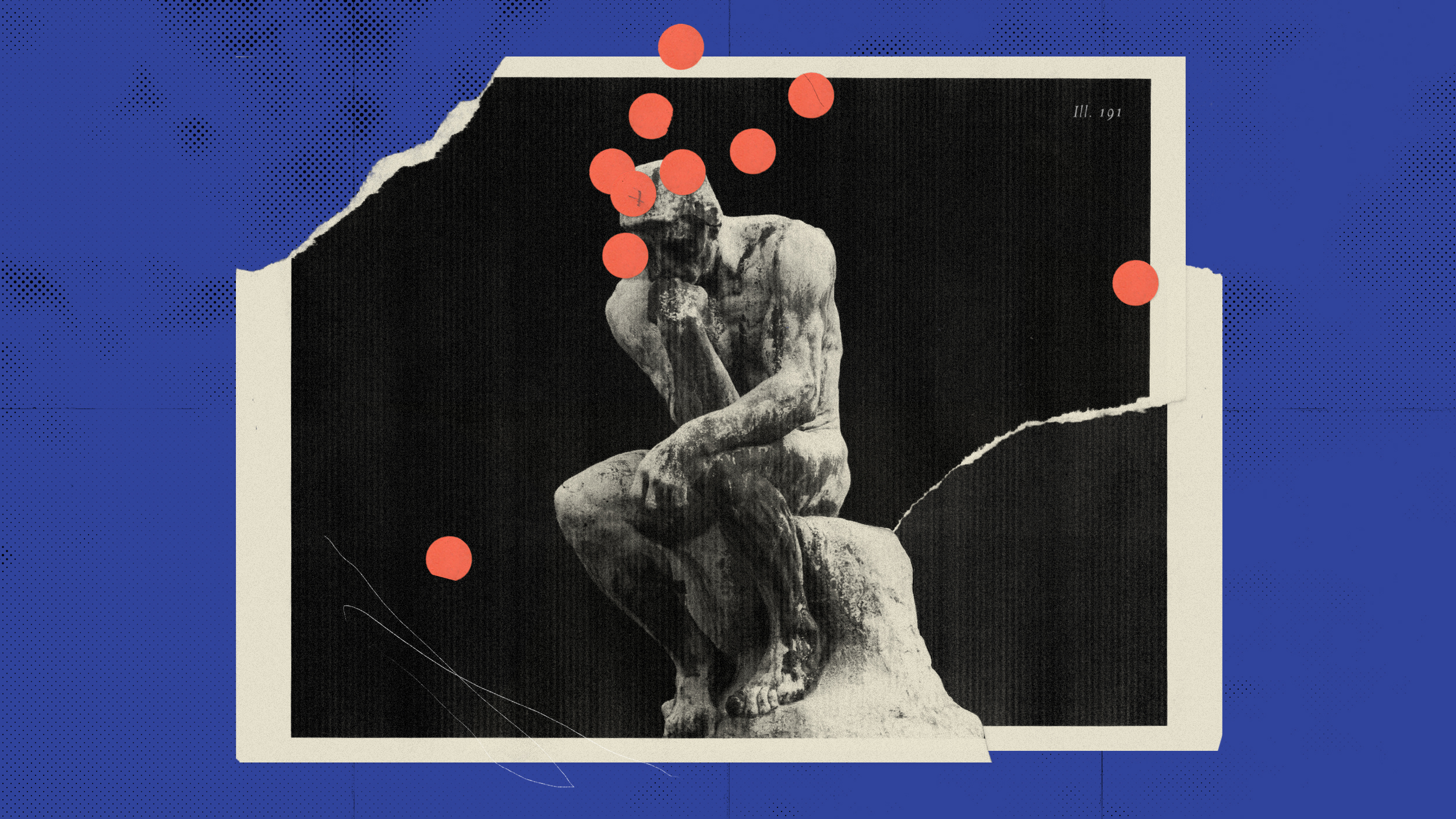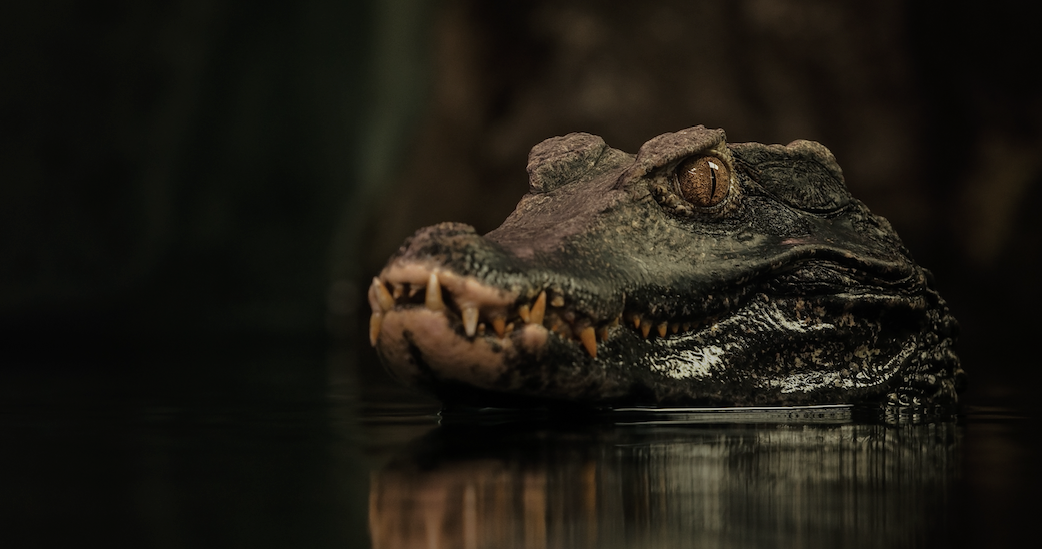Most male mammals have little or nothing to do with their kids. Why is our own species different?
Search Results
You searched for: Birds
Humans are good visual thinkers, too, but we tend to privilege verbal thinking.
Livestock now outweighs wild mammals and birds ten-fold.
Meet your new flying nightmare: Thapunngaka shawi.
Philosopher Peter Singer argues it’s time to examine a morally dubious practice.
The long-standing debate over whether dinosaurs were more like birds or lizards is drawing to a close.
Head direction cells act like internal compasses to help the birds navigate during long flights.
Only nine weeks later, the Wright Brothers achieved manned flight. The pathologically cynical always will find a reason to complain.
Murmurations have no leader and follow no plan.
Disgusting behavior is often crucial to survival.
If dogs are out in coats and boots, how are the squirrels feeling?
The space‑specific neurons in the owl’s specialized auditory brain can do advanced math.
Climate and ecological changes, as well as disruptions to the food chain, were already killing off the dinosaurs.
Total eclipses are a product of a strange and almost eerie cosmic coincidence — one that makes Earth an even rarer world in the galaxy and, by proxy, in the Universe.
The world’s workplaces are growing lonelier — but the solution requires less than you might expect.
13.8 columnist Marcelo Gleiser reflects on his recent voyage to Earth’s last wild continent.
Researchers are finding signs of multiple phases of sleep all over the animal kingdom. The ‘active’ sleep phases look very much like REM.
A new framework describes how thought arises from the coordination of neural activity driven by oscillating electric fields — a.k.a. brain “waves” or “rhythms.”
AIs can imitate but not innovate — for now, at least.
“You gotta know when to fold ’em.”
Once numbering just 27 birds, the global population of California condors is now in the hundreds.
Drones have a lot to learn from the landing abilities of birds.
Evolution repeatedly hit upon this solution simply because it works.
Was there an intelligent, technologically advanced species long before humans existed? Could there have been a dinosaur civilization?
Far from being a “dead” pursuit that focuses on old ideas, modern philosophy proposes and debates important, new concepts. All of us can learn from it.
From crocodiles to birds, certain animals managed to survive some of the worst extinction events in world history.
